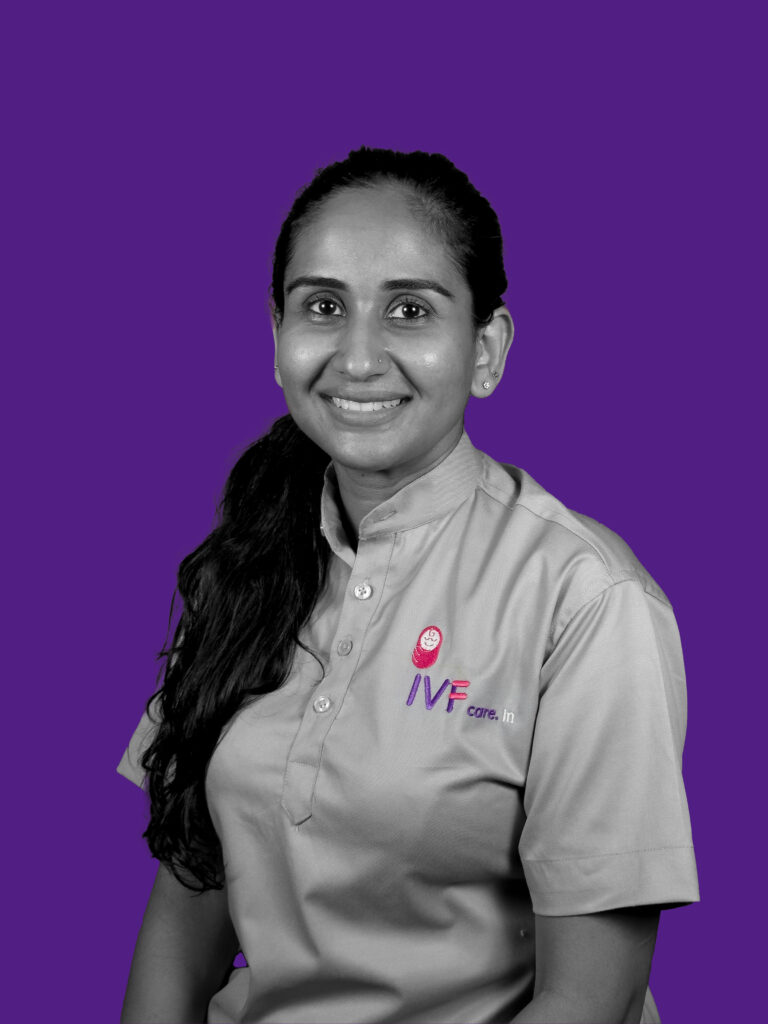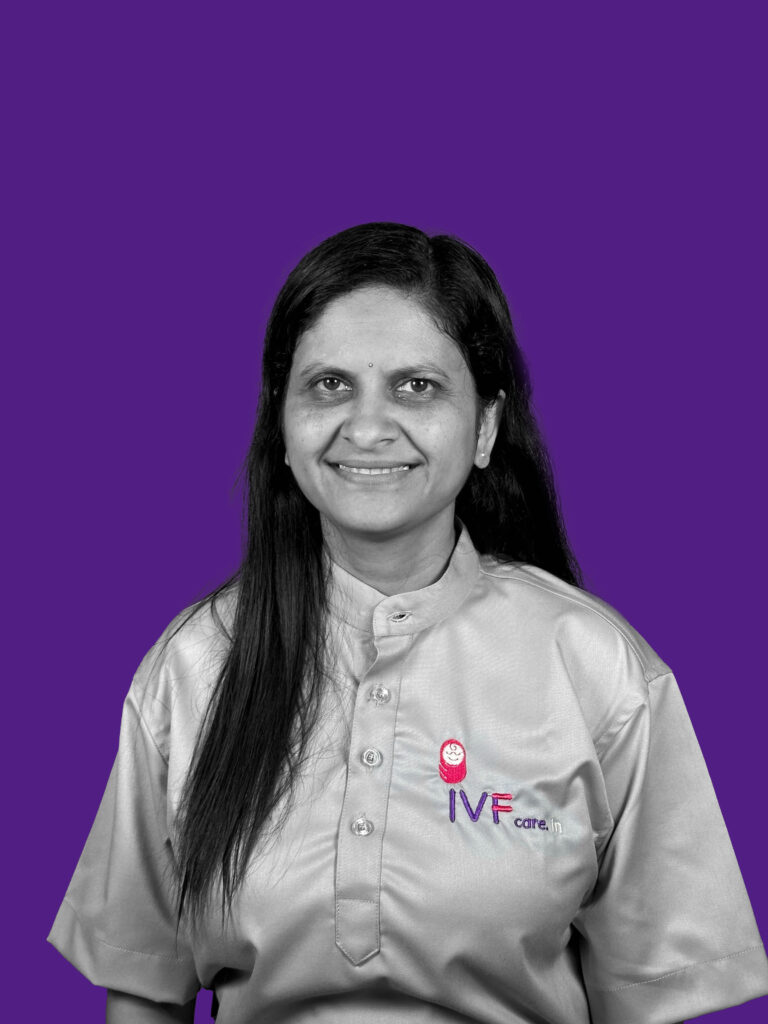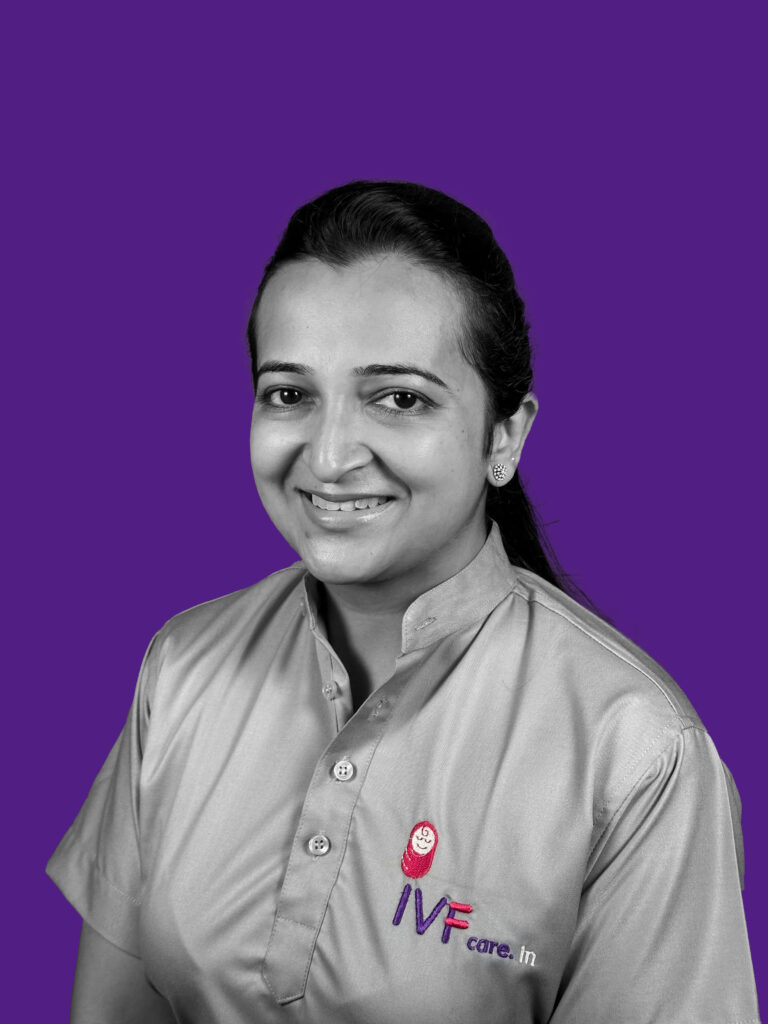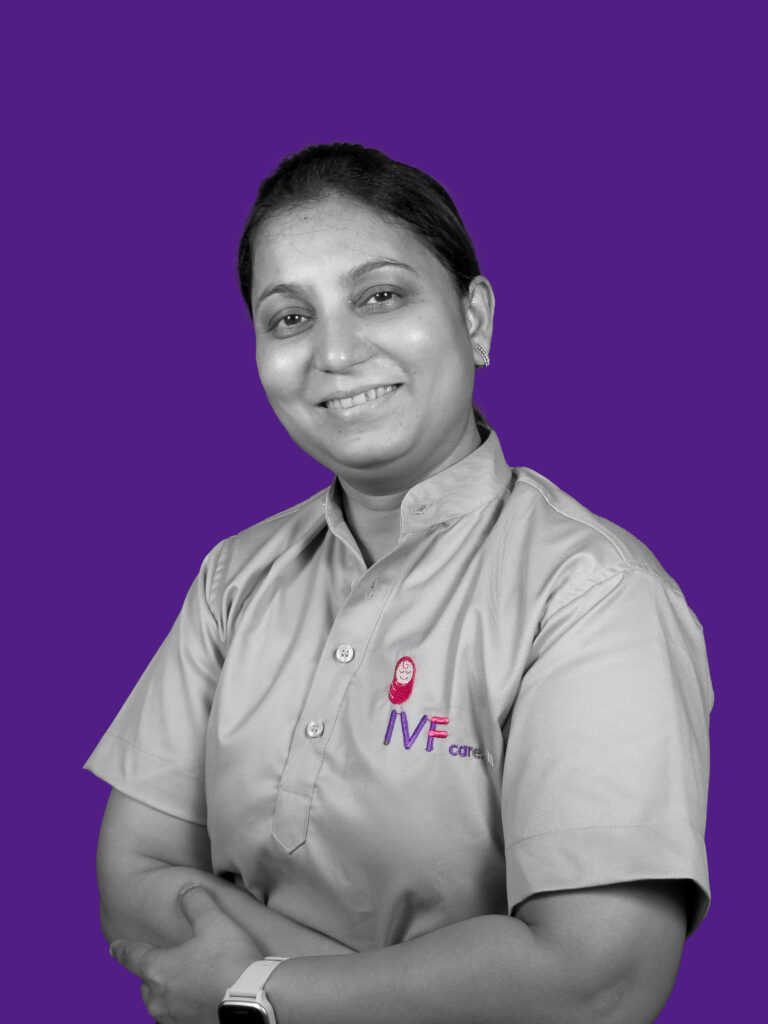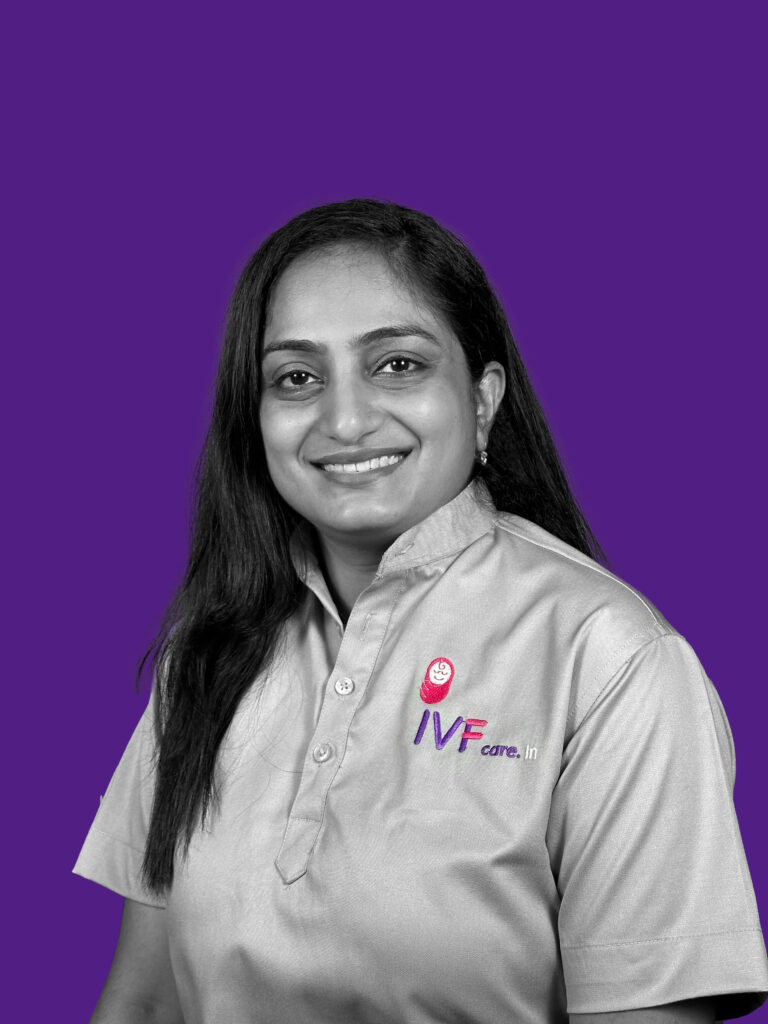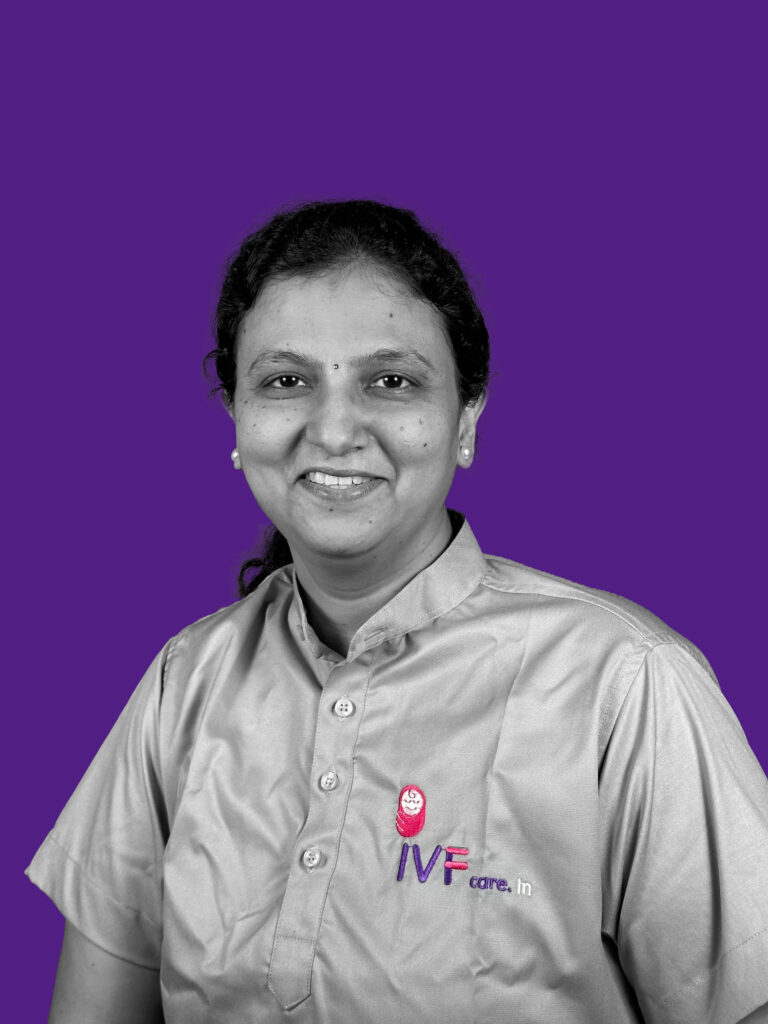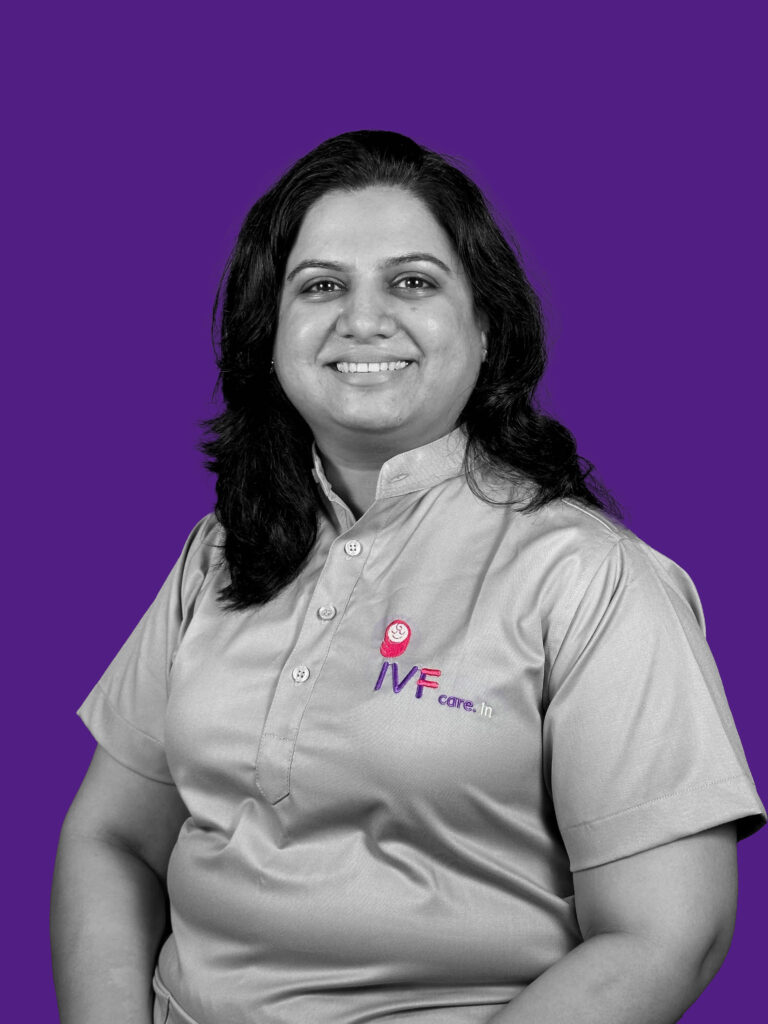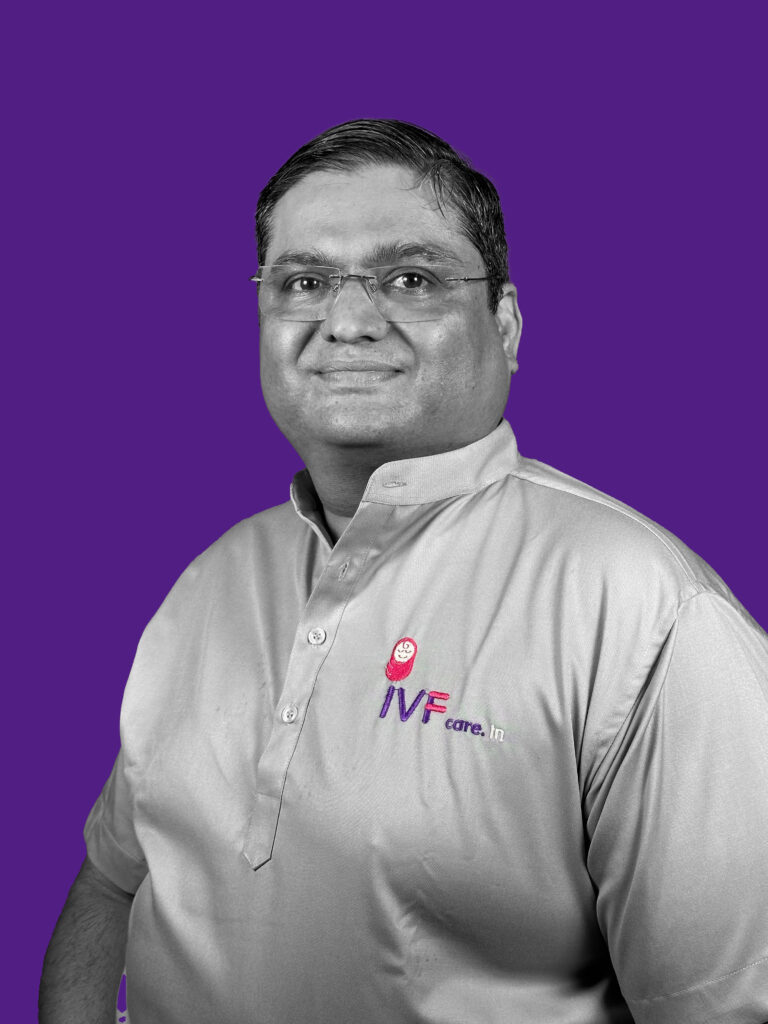OUR SERVICES
We understand that IVF can be a challenging process, especially if it’s your second time. This is why our dedicated team of highly experienced IVF specialists have come together to help you on this journey.
IVFCare.in offers invaluable support and information on how IVF works, why it is effective and how it can help you to fulfil your dream of having a baby. We have built our reputation on ensuring that our patients are treated with the utmost care, compassion, and unconditional support throughout their journey.
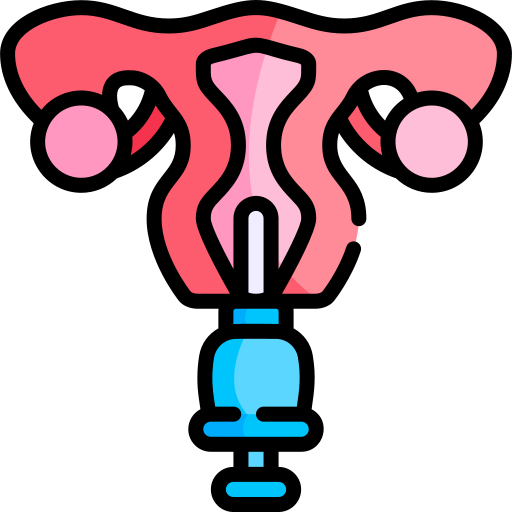
IUI:
Intrauterine
Insemination
Intrauterine Insemination is a type of artificial insemination where sperm is directly placed into the uterus using a small catheter. The procedure is commonly used as a low-tech, cost-effective way to enhance fertility. The success rates of IUI are around 15-25℅ per cycle.
IVF:
In-vitro
fertilisation
Commonly known as test tube baby, IVF involves fertilising an egg outside the body in a laboratory dish and then implanting it in the uterus. 
ICSI:
intracytoplasmic
sperm injection
With a success rate of 70-85%, intracytoplasmic sperm injection is among the most common and effective types of assisted reproductive technologies. This fertility treatment involves a procedure in which a single sperm is injected directly into an egg to attempt fertilisation. 
EGG FREEZING
Cryopreservation
Also known as freezing, this procedure preserves the embryos, eggs, and sperm for future use through cryopreservation. In this method, live cells are kept in a deep freeze at subzero temperatures(-196°c) at which all biological activities come to a stop. Fertility preservation which includes freezing eggs and sperm is also used in certain medical conditions such as in cancer patients who are undergoing chemoradiation or want to delay pregnancy.
Surgical sperm
retrieval
In this procedure, the sperm is collected from a man's testicles, epididymis, or vas deferens. PESA - Percutaneous Epididymal Sperm Aspiration is the most simple, effective and minimally invasive SSR procedure that is useful in obstructive azoospermia (no sperm in semen).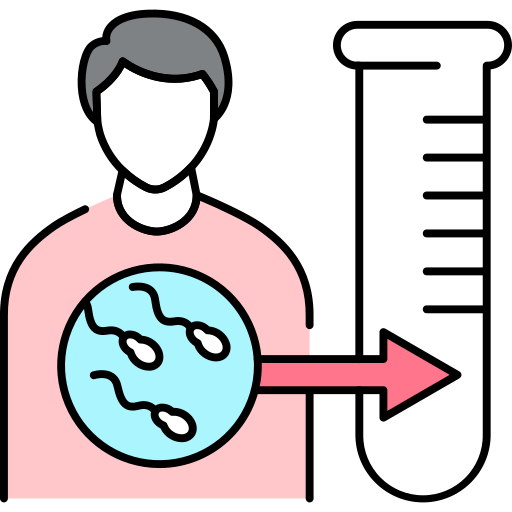
third party
reproduction
Third-party reproduction, in layman's terms, means a couple seeking the help of a third person in the process of IVF. The most common ways this can be done are by using donor eggs, donor sperm, or donor embryos.Advanced Treatments For Previous IVF Failures
In vitro
fertilisation (IVF)
is a revolutionary treatment for infertility. Simply put,
it is the process of the formation of a new life.
In vitro
fertilisation (IVF)
is a revolutionary treatment for infertility. Simply put,
it is the process of the formation of a new life.
Laser Hatching
Blastocyst Culture
Ovarian and Endometrial PRP
Fertility-Enhancing Endoscopic Surgeries
Minimally invasive surgeries like laparoscopy and hysteroscopy are very useful in treating infertility. They can simultaneously be used both as diagnostic procedures as well as corrective procedures. With hysteroscopy, the uterus can be evaluated from the inside using a telescope with an attached camera.
In this procedure, the cavity of the uterus can be increased by resection of walls and the fundal area. Any fibroids inside the uterine cavity that could hinder implantation can be removed too. If abnormalities or endometrial pathology are suspected, the endometrium can be sent for a histopathology examination or a PCR test to rule out genital tuberculosis.
Laparoscopy can be used as a diagnostic tool to look for any hidden infections like tuberculosis which is one of the leading causes of infertility. Often, it is also used as a corrective procedure in women with multiple fibroids (removal), huge endometrioma (removal and drainage), large adenomyotic uterus (myo reduction of the uterus) and hydrosalpinx (removal). Each of these procedures can greatly enhance pregnancy rates.
Autoimmune Workup And Lymphocyte Immunotherapy
Fertilization and pregnancy result in the combination of the genes of both the mother and father. In fertility treatments like IVF, conception can take place through donor eggs and donor embryos too. Yet, the baby grows perfectly fine inside the uterus of the mother with no adverse immunological reactions to it. This is possible due to special immunological protection that blocks certain antibodies and anti-regulatory cells in the mother’s body. In repeated IVF failures or cases of IVF failures without any prominent cause or even in the case of unexplained infertility in patients, the primary cause for pregnancy loss is immunological. This can be diagnosed with certain immunological tests like lymphocyte crossmatch, NK cells & TNF alpha levels in the peripheral blood, and the estimation of CD 57 NK cells in the endometrium.
Once the cause is confirmed, Lymphocyte Immunotherapy (LIT) is carried out. It is an active immunomodulatory treatment which alters the response to pregnancy by the body and helps in maintaining a healthy pregnancy. In this procedure, allogeneic lymphocytes from other people are used to induce an immune response by injecting them into the skin. This therapy along with other immunomodulatory treatment methods like intralipid injections, immunoglobulin injections, and heparin injections can significantly increase the chances of a successful pregnancy.
third party reproduction
As more and more couples delay marriage and childbirth, there is an increasing trend toward third-party reproduction in recent years.
Donor eggs are commonly used due to advanced age, low ovarian reserve, poor AMH results, poor egg quantity after previous ovarian surgery for endometriosis, cystectomy, or drilling. As the couples waste their precious reproductive years moving from doctor to doctor trying to conceive naturally, by the time they are consulted by a reproductive specialist, they already have low ovarian reserve.
Donor sperm is only needed in cases of male infertility where no sperm is retrieved through Testicular Sperm Extraction (TESE) in an azoospermic (no sperms) male.
Donor embryos are similar to adoption and may be indicated when there are male and female factors or financial constraints.

